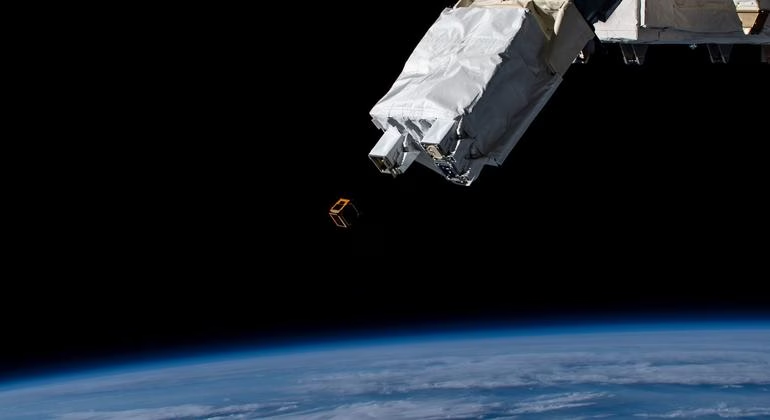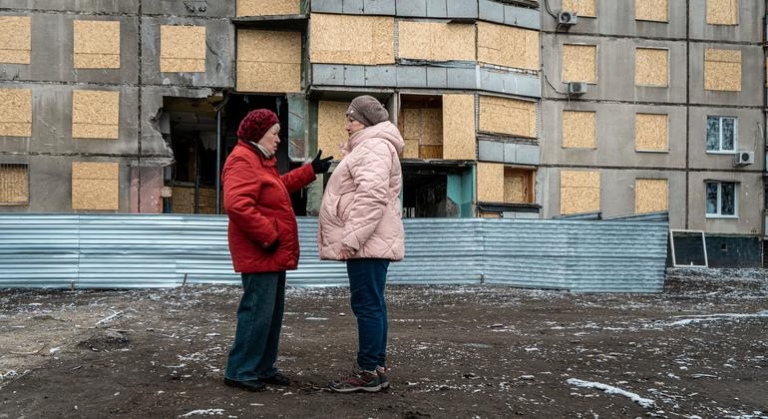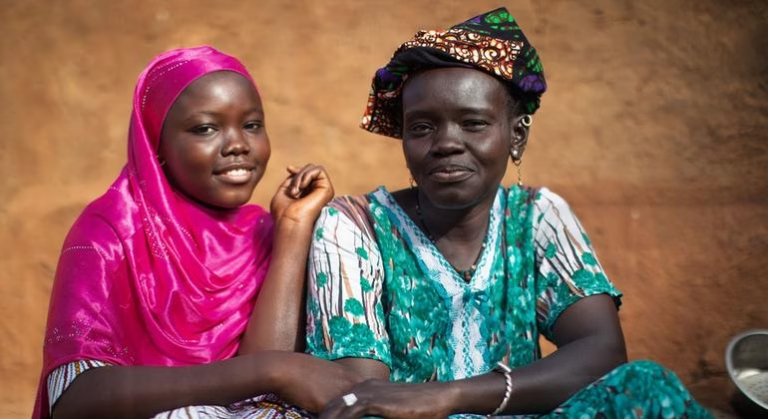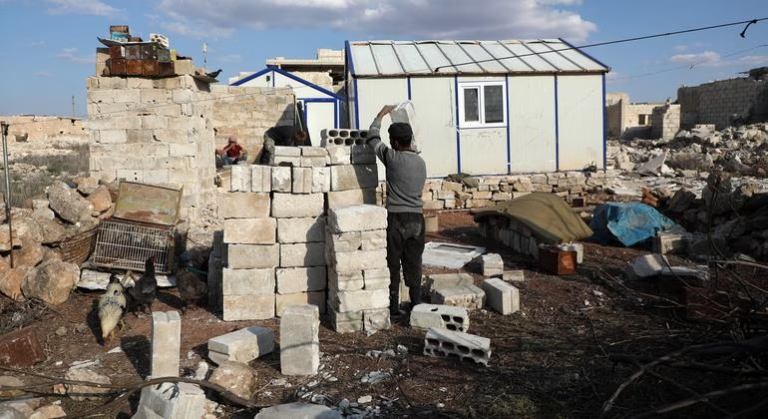The spacefaring endeavors of long-standing spacefaring nations, such as the US, continue to grab headlines, but countries including Zimbabwe, Honduras, and Malta are now also expressing their intent to harness the benefits associated with space-related activities.
Smaller states, along with many others, are applying to join an UN body that aids in setting internationally accepted rules for the peaceful utilization of outer space. This aims to prevent a new “Wild West” scenario, which could potentially escalate into conflict.
Various motives draw countries like Côte d’Ivoire, The Gambia, and the Maldives to outer space. The advantages of space are becoming increasingly evident to all. Space technologies grant access to critical data and services that facilitate climate resilience, disaster response, and sustainable development. For instance, in small island developing states, satellite data assists in monitoring sea level rise and improving early warning systems for hurricanes and floods.
In Ghana and Tonga, the UN Office for Outer Space Affairs (UNOOSA) recently supported the development of “digital twins” of capital cities using satellite data and AI. These virtual models simulate flooding scenarios, enabling governments to identify vulnerable infrastructure, improve emergency response plans, and respond more effectively to disasters.
Many emerging players in space face significant challenges, including substantial technical and financial obstacles, along with underdeveloped national laws and legal frameworks. UNOOSA helps bridge these gaps by advising on national space legislation and guiding countries in adhering to international obligations under UN treaties like the Outer Space Treaty and the Registration Convention, which aims to maintain an accurate record of all objects launched into space.
The Access to Space for All program, for example, helps non-spacefaring nations launch payloads, conduct experiments, and access data from space missions. Kenya, Mauritius, Guatemala, and Moldova have all successfully launched their first satellite in association with the JAXA/UNOOSA KiboCUBE program.
UNOOSA’s Space Law for New Space Actors project aids developing nations in establishing solid legal and policy frameworks for outer space activities. The Space4Women initiative has developed a Gender Mainstreaming Toolkit for the Space Sector to promote gender equity and support women and girls in the space sector. Another notable initiative, UN-SPIDER, provides specialized capacity-building in the use of space applications for disaster risk reduction and emergency response.
Source: https://news.un.org/feed/view/en/story/2025/06/1164681








